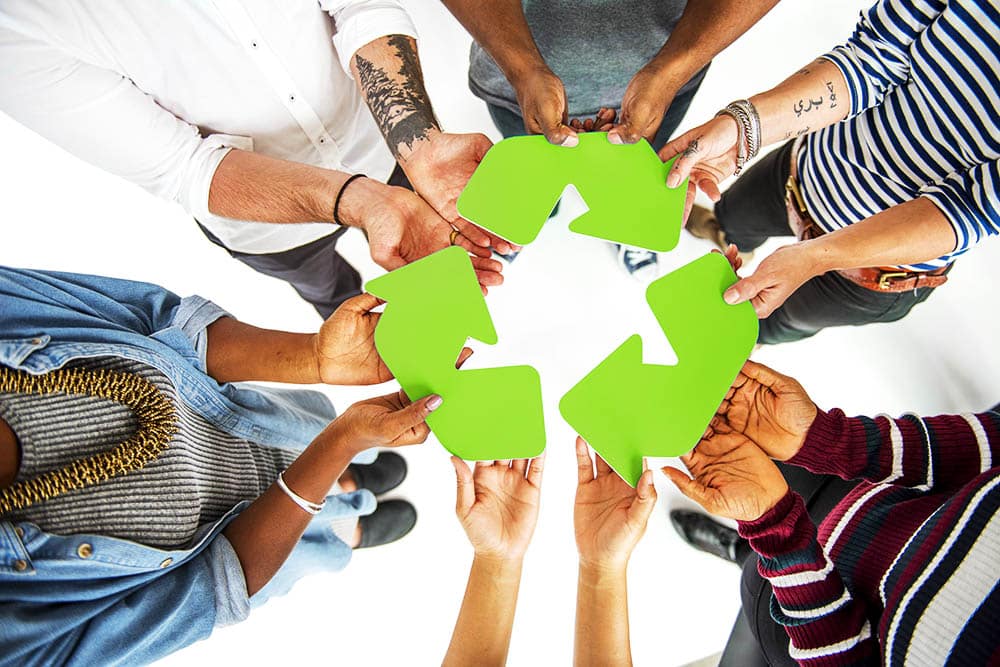The Importance of Collaborating for Sustainable Development
Collaboration is a powerful tool that can fuel sustainable development and promote positive change in our communities, societies, and the world at large. The United Nations has recognized the importance of cooperation among countries, businesses, and other key stakeholders to achieve the Sustainable Development Goals (SDGs) by 2030. In this article, we will explore the power of collaboration and share some useful tips on how we can work together to elevate our efforts towards sustainable development.
The Benefits of Collaboration
Collaboration can bring a range of benefits to individuals, organizations, and societies. By collaborating, we can pool our resources, expertise, and talents to achieve common goals. Collaboration also fosters innovation and creativity, as it allows individuals with diverse perspectives and experiences to come together and share their ideas. Additionally, collaboration promotes social cohesion by building trust, mutual respect, and a sense of ownership among those involved in the process.
In the context of sustainable development, collaboration is crucial to addressing complex challenges that require a multi-stakeholder approach. Be it climate change, poverty, or gender inequality, these issues can only be tackled through collective action. Collaboration can also help in identifying and addressing gaps in policies, programs, and implementation processes. By working together, we can leverage our strengths and fill in each other’s weaknesses, thus achieving greater impact and effectiveness.
Collaboration Models and Examples
Collaboration can take many forms, depending on the goals and context. Here are some models and examples of collaboration in sustainable development:
1. Public-Private Partnerships (PPPs): PPPs bring together public and private sectors to achieve common goals. For example, the partnership between UNICEF and Procter & Gamble to provide safe drinking water and hygiene education to vulnerable communities in developing countries.
2. Multi-Stakeholder Partnerships (MSPs): MSPs involve various stakeholders, such as civil society organizations, private sector, governments, and academia, to work towards common objectives. The Sustainable Agriculture Initiative Platform (SAI Platform) is a multi-stakeholder initiative that promotes sustainable agriculture practices worldwide.
3. Community-Based Collaborations: These collaborations involve local communities coming together to address issues that affect them. The Greening Kenya Initiative is a community-based collaboration that supports small-scale farmers in Kenya to adopt sustainable agriculture practices.
How to Collaborate for Sustainable Development
Collaboration for sustainable development requires a deliberate and concerted effort from all stakeholders. Here are some useful tips on how to collaborate effectively and achieve sustainable development goals:
1. Build Trust and Respect: Collaboration requires trust and respect among the involved parties. Without these, it can be challenging to build meaningful partnerships and achieve common goals. Building trust and respect takes time and requires open communication, transparency, and mutual understanding.
2. Identify Common Goals: Successful collaboration starts with identifying shared goals and objectives. This helps to ensure that all parties are working towards the same outcome and can align their efforts and resources to achieve it.
3. Leverage Collective Resources: Collaboration can also be more effective when all parties contribute their resources, expertise, or networks. By leveraging the collective resources, stakeholders can achieve more significant and sustainable impact.
4. Agree on Roles and Responsibilities: Collaboration works best when all parties understand their roles and responsibilities. This helps to prevent confusion, duplication of efforts, and conflicts, and ensures that each party’s contributions are optimized.
5. Monitor and Evaluate Progress: Collaboration requires monitoring and evaluating the progress towards the identified goals. This helps in identifying areas that require improvement, refining strategies, and tracking the impact of the collaboration.
The Challenges of Collaboration
While collaboration can bring many benefits, it can also be challenging. Some of the common challenges of collaboration include:
1. Diverse Stakeholder Interests: Different stakeholders may have conflicting interests, objectives, and priorities, which can hinder effective collaboration.
2. Communication Barriers: Effective collaboration requires open and clear communication channels. Communication barriers, such as language differences, cultural differences, or a lack of communication infrastructure, can hinder collaboration.
3. Power Imbalances: Collaboration may be hindered by power imbalances among the stakeholders. For example, some stakeholders may have more resources, expertise, or influence than others, which can give them more say in decision-making processes.
4. Competition: Collaboration may also be hindered by competition among stakeholders. For example, businesses may be unwilling to collaborate with competitors, fearing that they may lose their competitive advantage.
Conclusion
Collaboration is crucial for achieving sustainable development goals. It brings many benefits, such as pooling resources, fostering innovation, and building social cohesion. However, collaboration can also be challenging, as it requires trust, openness, and a shared vision among stakeholders. To collaborate effectively for sustainable development, stakeholders must identify shared goals, leverage collective resources, agree on roles and responsibilities, and monitor progress towards the identified goals. By working together, we can elevate our efforts and achieve a sustainable future for all.

Deja una respuesta